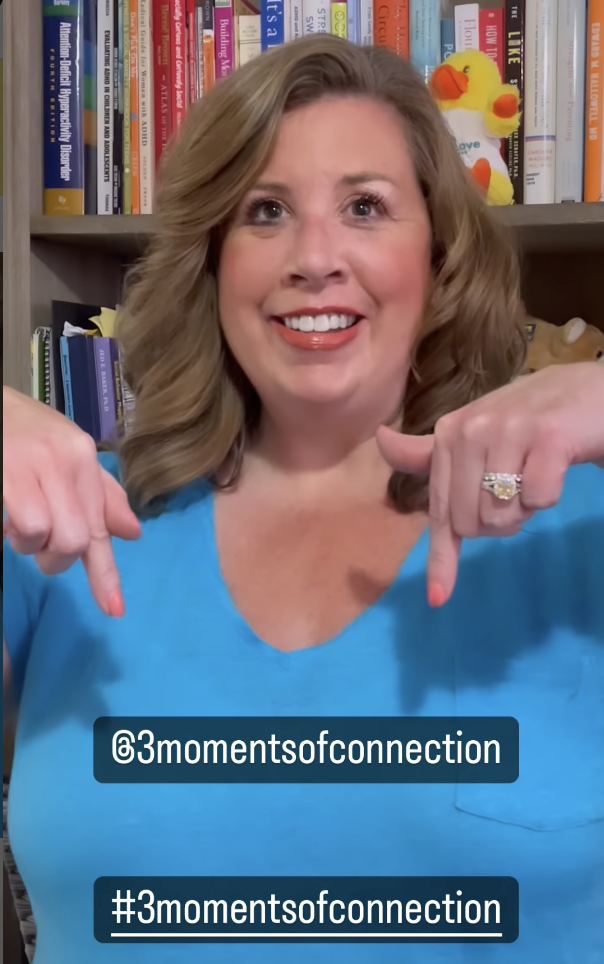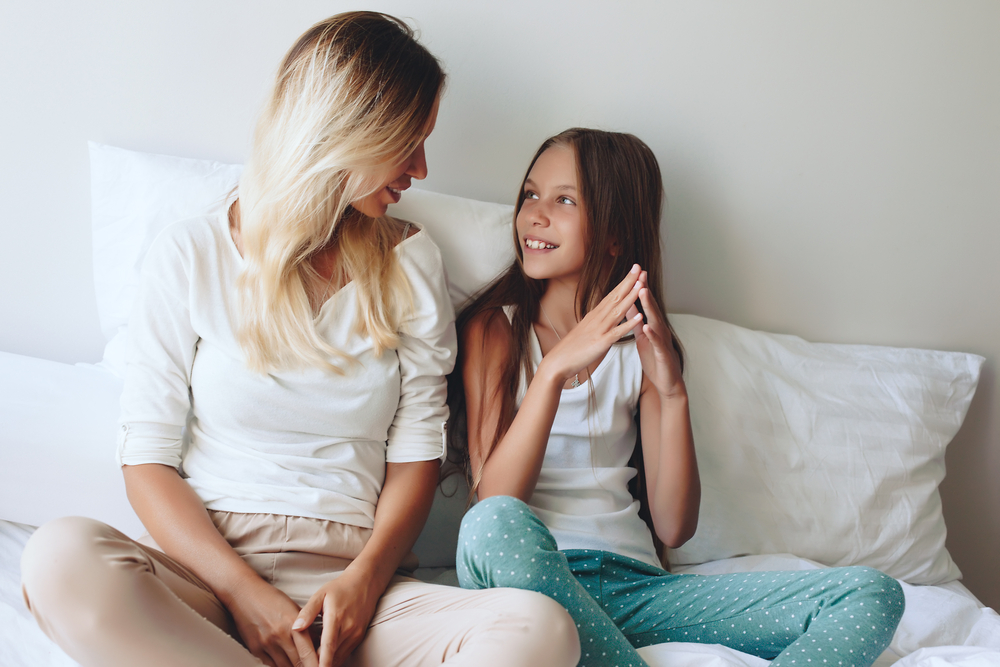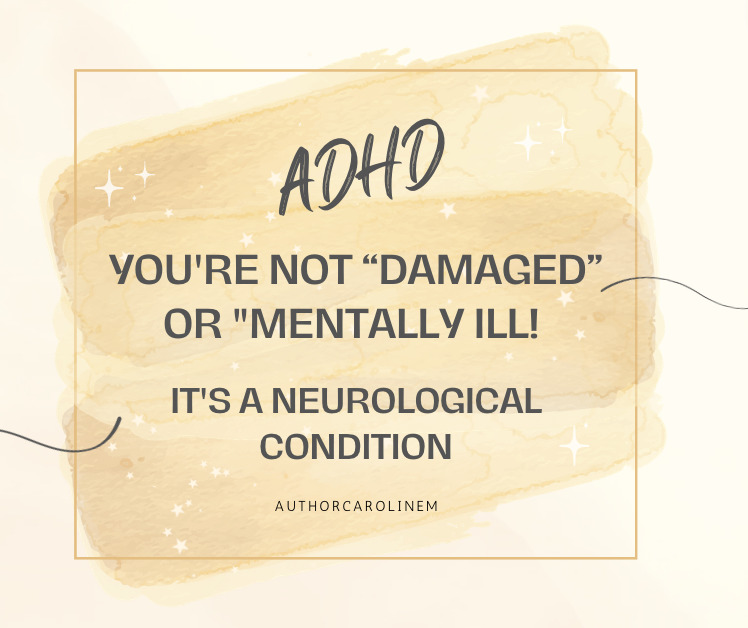Social Challenge: Three Micro-Connections a Day
I am a mission… “No, not again!” I can hear some of you saying. LOL!
Well, yes, I am and it’s a mission of connection. In an effort to bring more connection into all our lives, I have involved my family, friends, neighbors, colleagues and strangers in this project, and they have no idea!
Why Is Being “Social” So Hard for Many of Us?
Being “social” can be hard for us regardless of our age, especially after isolation and fears of contagion, shootings and market uncertainty.
Do you feel like others are living enchanted lives, engaging with limitless besties and attending exclusive events? Social media can emphasize the feeling of being unnoticed, lonely and left out. When we do manage to psych ourselves up to reach out, join in and engage, it can be draining – emotionally, psychologically and physically. We foresee shunning and that can cycle us back into a web of doubt and angst.
How Can You Override This Feeling of Vulnerability?
May I introduce my mission? How about instead of forcing ourselves to use all our skills and strain our system in order to go out and meet new people in new places, we start off with small, micro social engagements?
I am proposing that we actually harness “the love chemical” in order to help us better read social cues – which in turn helps us notice and filter social stimuli – a key challenge for those of us who can feel bombarded in social settings.
What is the Science of Connection?
Oxytocin, known as “the love chemical” is essential for social bonding. This critical neuropeptide helps everyone – infants to the elderly – bond with others. It builds trust and connection and raises self-confidence.
When you feel a connection with someone, it is likely that oxytocin is surging in both brains, signaling friendly intentions. This sensation encourages you to reach out – emotionally and possibly physically.
What are Micro-Connections?
They are small, everyday acts of kindnesses. Every time you hold the door open or smile at a passing stranger, you are creating a micro-moment of connection! They are mini “love” moments that can raise oxytocin in our brains and in others too.
Why Specifically Three Micro-Connections?
Dr. Barbara Frederickson’s and Dr John Gottman’s research demonstrates that three social connections a day not only can help fill our emotional buckets but also helps build resilience. They found that a 3-to-1 positivity ratio makes us feel like we belonged. It also provided a positive impact on resilience and mental health. In Dr Ned Hallowell’s book Connect: 12 Vital Ties That Open Your Heart, Lengthen Your Life, and Deepen Your Soul, he shares real stories that demonstrate the life changing health benefits associated with connection.

5 Ways to Join the Three Micro-Connections a Day Challenge
Seek Meaningful Interactions –
Actively search for three meaningful interactions each day and reflect on them each night. These micro moments of connection, according to Fredrickson’s findings, may not only make you healthier, they can also make you live longer.
Set Yourself Up for Success –
What are some things you could do every day for unsuspecting neighbors? Can you carry in groceries, ask about their day or give them a plant? Small micro-connections like these don’t require much time, money or effort. Look for ways to spread kindness everyday.
Build Three Micro-Connections on the Path to New Relationships –
If your goal is to not only increase oxytocin but also to make new friendships, take a more active role with these three micro-connections. Consider these steps as building blocks; moving you in the direction of deeper and more meaningful connections. If you take each step a time – waving, saying “Hello,” making chit chat, inquiring about their day, etc., – it will make the act of reaching out feel a little less daunting. Is this a full replacement for the hard work we’re all doing socially? No, but these steps help you build confidence.
Create Joy, Not Stress –
You shouldn’t need to spend a lot of time prepping to connect. The goal is to simply experience the joy of interaction.
Notice How You Feel –
Keep track of how these connections (and oxytocin hits) make you feel. Fredrickson’s work uncovered that when we record these experiences, it triggers positive physiological effects on the body. Are you more positive toward your partner or job? Do you have deeper feelings of well-being and self-worth? Are you calm? Do you feel even better when you add more connections daily?
[Consider tracking your three micro-moments of connection on the website my 8th grade daughter created in collaboration with Choose Love called three moments of connection. It would mean so much to us if you would share your micro-moments of connection.]
Join Me in Making a Conscious Effort to Cultivate Connections
Until you experience the effects yourself, you will have to trust me when I say three micro-connections a day will prime your emotional intelligence pump. So drink in the needed oxytocin while you calm your fears, build the confidence, venture out and approach new people and nurture deeper and stronger relationships.
Frederickson, 2009
Seligman, 2011
We All Need Socialization!
Even if spending time with people drains you and you don’t feel like putting in the effort to attend an event, it’s important to find social skills activities that help recharge your energy and make you feel connected. For more suggestions on adult social skills development, check out our new product: Meet People with Confidence
Actionable, well-researched and accurate information to improve social lives:
More Adult Social Skills Training Resources:
Caroline’s Speaking Services on this topic
How To Read the Room So You’re More Confident Around Your Co-workers
Social Skills Training Products
Adult with ADHD: Stop Oversharing, Live Seminar
Adults with ADHD Social Skills Training: How to Get Along with Everyone
Rusty Social Skills Bundle – Everything you need to help students return to the classroom for the development of critical social skills.
How to Read the Room as an Adult – Managing perceptions and engaging successfully
How To Improve Social Skills In The Workplace
Wanna Make More Friends? Learn How to Make Small Talk
Coaching Conversations Video Course – How to use the lessons in Why Will No One Play with Me? in everyday life using real people and real scenarios
From “Hi” to a Full Conversation – How to adapt conversation starters to initiate small talk.
Joining a group Infographic – Make joining a group less intimidating – and more fun!
Building a Conversation Infographic – Learn how to engage in reciprocal give-and-take
Steps for Joining a Group Video – Step by step details to comfortably and successfully join a group
How to SEL – HOW TO help children build social skills



